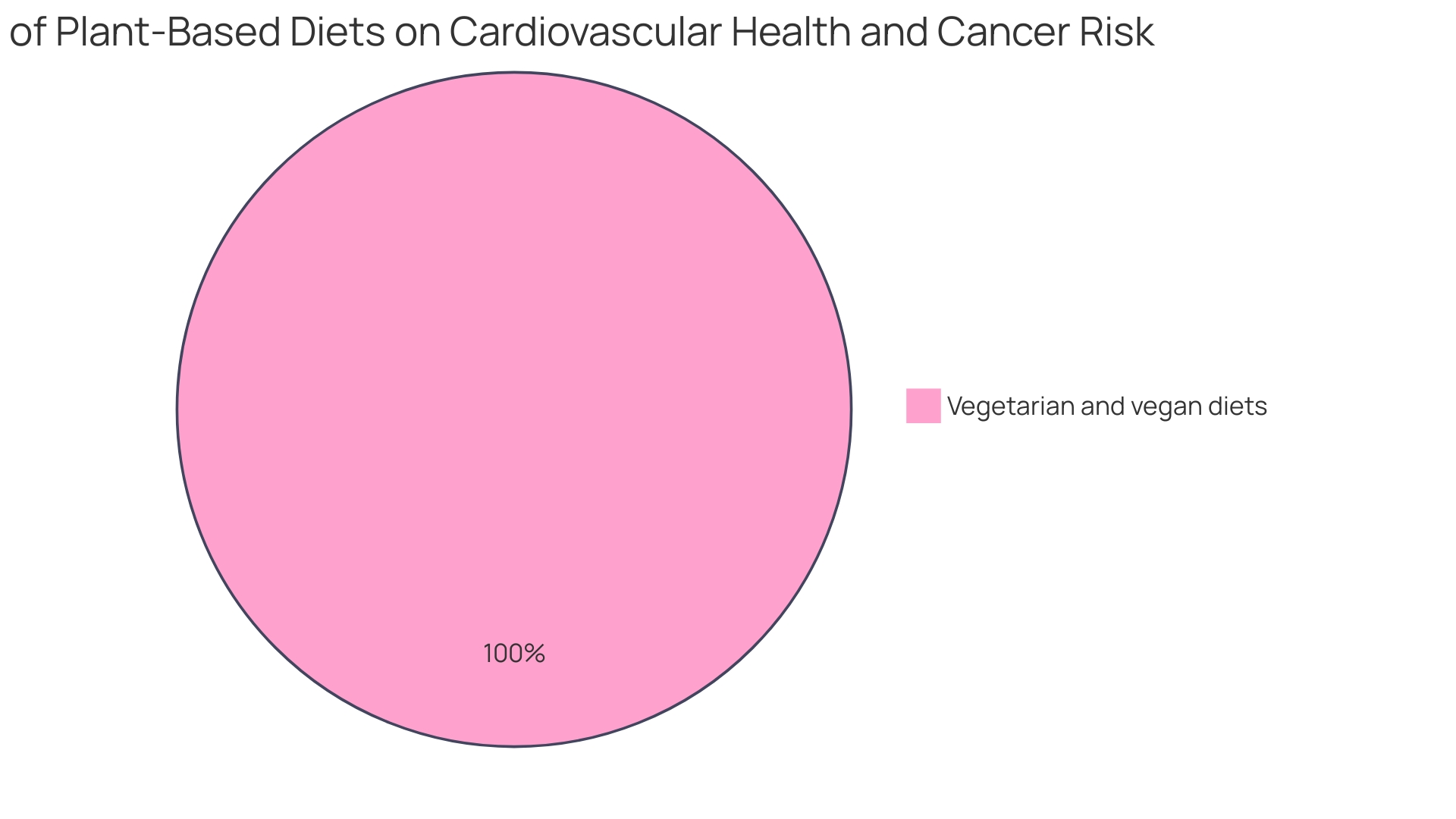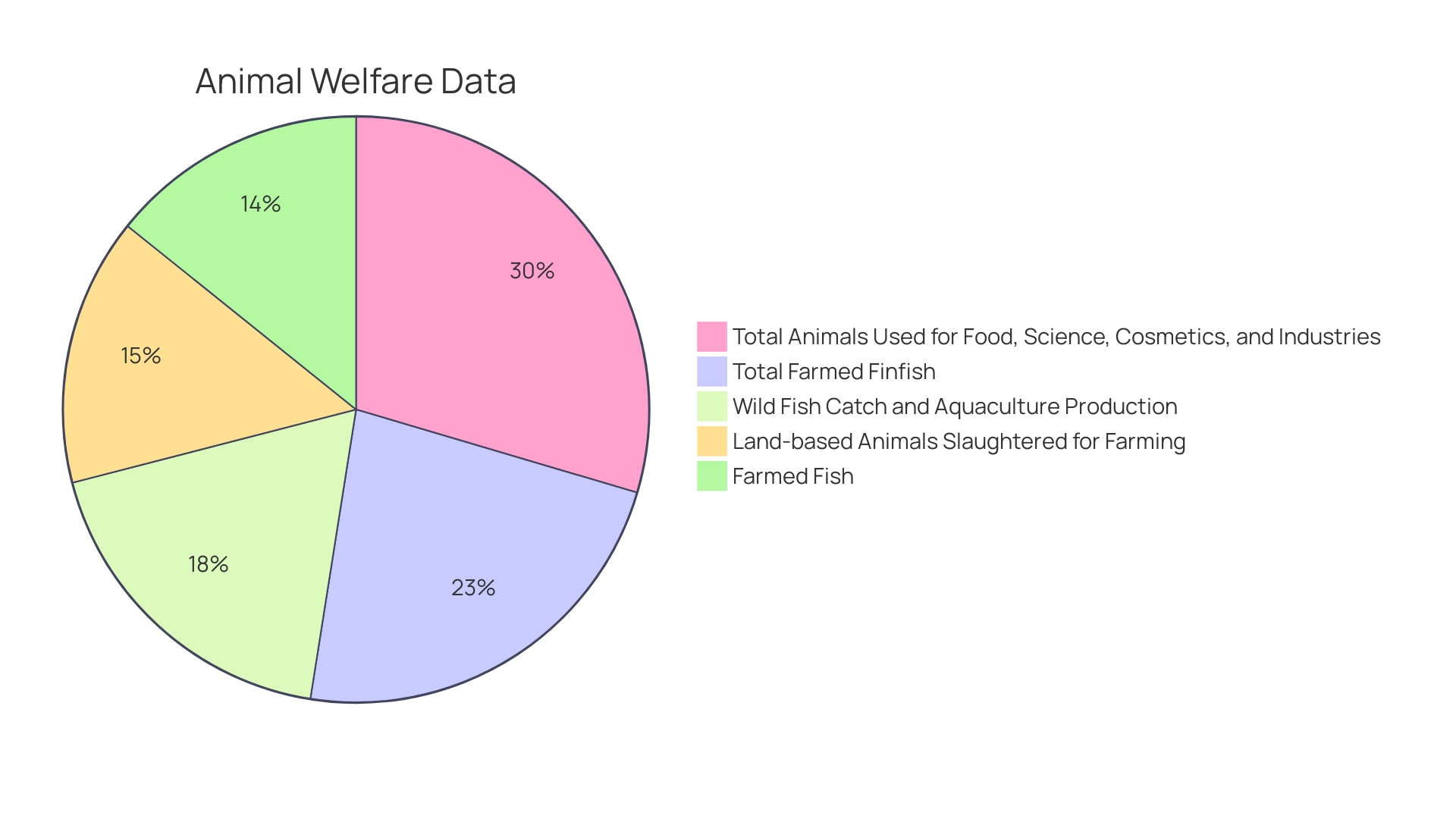Introduction
The adoption of a plant-based lifestyle is increasingly recognized as a potent strategy for enhancing health, as evidenced by comprehensive research spanning over two decades. Plant-based diets have been shown to mitigate risk factors for cardiovascular disease and cancer, the leading causes of mortality worldwide. In addition to contributing to better cardiovascular health and boosted immunity, these diets play a crucial role in weight management and digestive well-being.
Recent scientific findings further substantiate the health benefits of plant-based eating, including a significant reduction in cancer risk among vegetarians and pescatarians. Moreover, a healthy plant-based diet surpasses medication in preventing and managing type 2 diabetes. This shift towards plant-based diets is motivated by the desire to improve health, reduce grocery expenses, and lower environmental impact.
Mindful incorporation of plant-based foods could serve as an effective preventive measure against chronic diseases that profoundly impact human health.
Improved Health and Well-being
The adoption of a plant-based lifestyle is increasingly recognized as a potent strategy for enhancing health, as evidenced by a comprehensive umbrella review of research spanning over two decades. This analysis, which synthesized data from 48 reviews and meta-analyses, has illuminated the profound impact plant-based diets have on mitigating risk factors for both cardiovascular disease (CVD) and cancer, the leading causes of mortality worldwide. Vegetarian and vegan diets, which are naturally rich in fruits, vegetables, whole grains, legumes, and nuts, offer a range of essential nutrients while being characteristically low in saturated fats, cholesterol, and processed foods.
These dietary patterns not only contribute to better cardiovascular health and boosted immunity but also play a crucial role in weight management and digestive well-being.
Recent scientific findings, including a large-scale British cohort study involving 113,097 participants over a 12-year period, have further substantiated the health benefits of plant-based eating. This research indicates a significant reduction in cancer risk among vegetarians and pescatarians, with vegans exhibiting the lowest rates of the disease. Moreover, a healthy plant-based diet surpasses medication in preventing and managing type 2 diabetes, primarily through the maintenance of normal blood lipid and sugar levels, reduced inflammation, and enhanced liver and kidney function.
These insights align with the perspectives of medical professionals who advocate for plant-forward diets, citing the physiological traits of humans that resemble herbivores rather than carnivores. As society becomes more conscious of nutritional choices, the shift towards plant-based diets is evident, motivated by the desire to improve health, reduce grocery expenses, and lower environmental impact. While individual dietary needs can vary significantly, the growing body of evidence suggests that mindful incorporation of plant-based foods could serve as an effective preventive measure against chronic diseases that profoundly impact human health.

Environmental Sustainability
Renewable energy, particularly biofuels, is becoming increasingly vital in our global effort to mitigate environmental impacts and transition to sustainable energy sources. Biofuels, such as ethanol and biodiesel, are manufactured from organic materials like crops and agricultural waste, offering a carbon-neutral alternative to fossil fuels. By harnessing the power of biofuels, we embrace a greener future, where the replenishable nature of plant-based resources aligns with our environmental aspirations.
In the Midwest, a region known for its agricultural prowess, biofuels represent both an opportunity and a challenge. This area, responsible for a significant portion of the nation’s agricultural emissions, is also a leading producer of biofuel crops. Life cycle assessments, such as those evaluated at Waubonsee Community College, underscore the importance of considering the full environmental impact of biofuels, from cultivation to combustion.
These studies provide invaluable insights, enabling the development of more sustainable practices and technologies in the field of renewable energy.
Advancements in biofuel production underscore the sector's potential. With the grand opening of LanzaJet Freedom Pines Fuels plant, the world’s first ethanol-to-sustainable aviation fuel (SAF) production facility, the stage is set for a revolution in decarbonizing aviation—a testament to the industry's innovation and commitment to sustainability.
Furthermore, the integration of biofuels into existing energy systems is seamless, thanks to their compatibility with conventional fuels. This versatility is essential for a gradual and stable transition to cleaner energy alternatives. Analysts and researchers alike recognize the economic advantages of renewable energy sources, which are increasingly cost-competitive.
Such affordability is pivotal in ensuring that access to energy does not come at the expense of basic necessities.
As we move forward, the focus on energy equity is paramount. Clean energy initiatives, particularly those aimed at providing low-cost and reliable energy, play an essential role in safeguarding the health and well-being of all communities, especially those most vulnerable to energy insecurity and environmental injustice. In the face of these challenges and opportunities, biofuels stand out as a key component of a sustainable energy future.
Contribution to Renewable Energy
The renewable energy sector is witnessing significant advancements through the development and trading of biofuels. These sustainable energy sources are derived from organic materials and play a pivotal role in reducing reliance on fossil fuels. Innovations in biofuel conversion technologies are not only environmentally advantageous but also spur economic growth by creating new job opportunities.
Coordinated efforts by research teams from the University of California Riverside, the Center for Bioenergy Innovation, and the National Renewable Energy Laboratory, funded by the U.S. Department of Energy, have led to breakthroughs in utilizing non-edible plant biomass. Such second-generation biofuels, exemplified by poplar trees, offer a more sustainable alternative to first-generation biofuels, which competed with food crops for land and resources.
Europe, comprising major economies like France, the UK, Germany, and Poland, is rapidly growing in the biofuel market. The region, fueled by ethanol, biodiesel, and renewable diesel, has embraced policies encouraging biofuel use. This proactive approach aligns with the International Renewable Energy Agency's data, highlighting the increased capacity for renewable power generation over the past decade.
Biofuels stand out for their versatility and storability, making them suitable substitutes for fossil fuels across various sectors. These fuels, segmented by generation, can be produced from different sources—ranging from food crops (first-generation) to agricultural waste (second-generation) to algae (third-generation). They are particularly valuable in sectors that are challenging to decarbonize, such as heavy transport and industry, and offer a pathway to cleaner energy.
The bioenergy sector's role in climate and developmental goals is underscored by its capacity to directly replace fossil fuels. Comprehensive assessments are crucial to ensure the sustainability of bioenergy, taking into account environmental, economic, and social considerations, alongside principles of nature-based solutions and stakeholder engagement.
Promoting Sustainability and Ethical Practices
Embracing a plant-fueled lifestyle not only nurtures personal health but also fortifies the pillars of sustainability and ethical conduct. A transition towards plant-based nutrition diminishes reliance on animal agriculture, a sector with substantial environmental ramifications, including deforestation, freshwater contamination, and the erosion of natural habitats. A study published in Nature Communications highlights the urgent need for systemic changes in food production and distribution to mitigate escalating environmental damage, emphasizing the heavy toll of animal agriculture on biodiversity and greenhouse gas emissions.
Moreover, adopting a plant-based diet inherently supports animal welfare, steering clear of products derived from intensive factory farming practices. The International Institute for Applied Systems Analysis (IIASA) underscores the significance of informed policy decisions in cultivating a sustainable future, a notion that resonates with the conscious choices inherent in a plant-fueled diet. These choices dovetail with the Planetarian Diet's recommendation for reducing meat intake, as advocated by culinary experts and environmental researchers, to minimize climate impact.
Furthermore, research from the University of Exeter reveals the potential of non-animal-derived proteins, such as algae, to stimulate muscle protein synthesis, presenting a viable and eco-friendly alternative to traditional meat sources. This aligns with the growing trend of flexitarian diets in Europe, where a gradual yet consistent reduction in meat consumption has been recorded. As the global paradigm shifts towards sustainable living, the adoption of plant-based diets emerges as a pivotal strategy in harmonizing human health with the vitality of our planet and its inhabitants.

Conclusion
Plant-based diets offer numerous health benefits, including mitigating risk factors for cardiovascular disease and cancer. These diets, rich in fruits, vegetables, whole grains, legumes, and nuts, promote better cardiovascular health, boosted immunity, and weight management. Recent scientific findings confirm a significant reduction in cancer risk among vegetarians and pescatarians, with vegans exhibiting the lowest rates.
Additionally, a plant-based diet surpasses medication in preventing and managing type 2 diabetes.
The shift towards plant-based diets is motivated by the desire to improve health, reduce grocery expenses, and lower environmental impact. Incorporating plant-based foods into our diets can serve as a preventive measure against chronic diseases that profoundly impact human health.
Biofuels derived from organic materials play a crucial role in our transition to sustainable energy sources. They offer a carbon-neutral alternative to fossil fuels, contributing to a greener future. The integration of biofuels into existing energy systems is seamless, and their versatility makes them suitable substitutes for fossil fuels in various sectors.
Europe's biofuel market, fueled by ethanol, biodiesel, and renewable diesel, is rapidly growing, supported by policies encouraging biofuel use.
Embracing a plant-based lifestyle not only nurtures personal health but also promotes sustainability and ethical conduct. Transitioning towards plant-based nutrition reduces reliance on animal agriculture, which has significant environmental ramifications. It also supports animal welfare by avoiding products derived from intensive factory farming practices.
Informed policy decisions are crucial in cultivating a sustainable future and aligning with the conscious choices inherent in a plant-based diet.
Incorporating plant-based diets into our lives is a pivotal strategy in harmonizing human health with the vitality of our planet and its inhabitants. By doing so, we can improve our health, reduce our environmental impact, and contribute to a more sustainable future.




